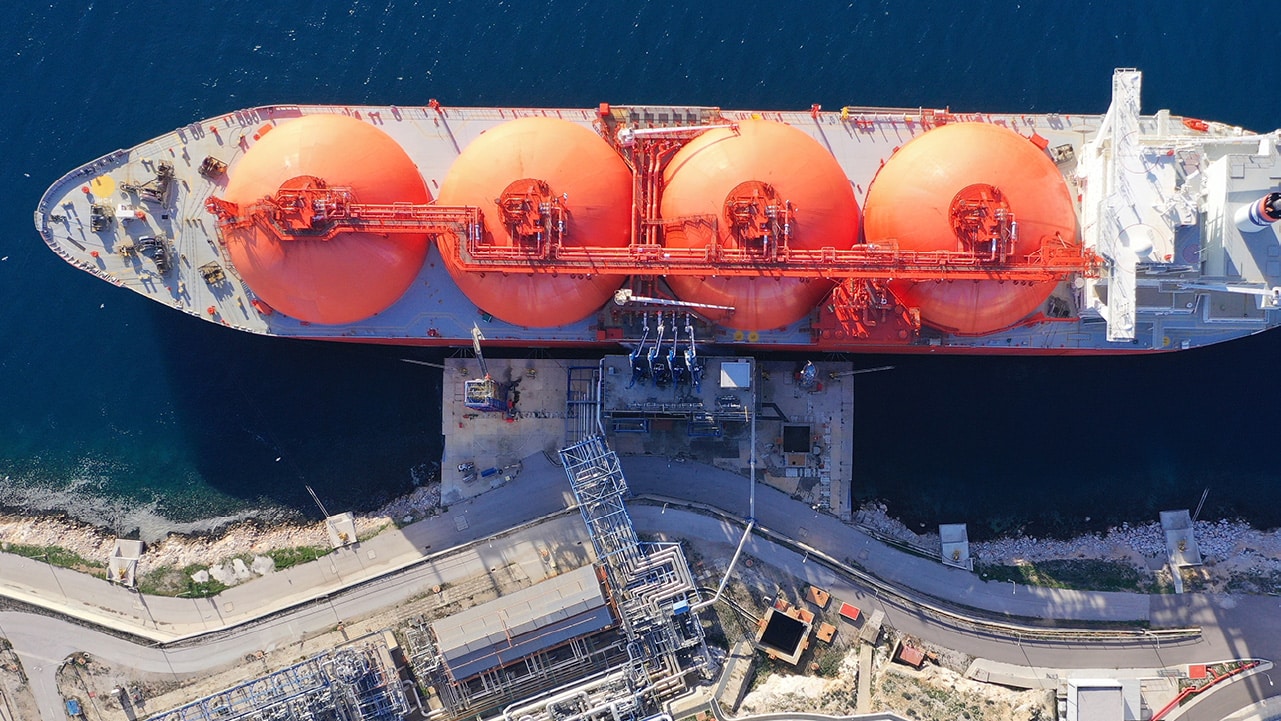EN 13530 Vacuum-Insulated Tank Performance Testing
The EN 13530 standard provides a framework for the performance testing of vacuum-insulated tanks, which are critical components in marine and ship equipment that ensure safe and efficient storage and transportation of hazardous materials. These tanks play a pivotal role in maritime safety by minimizing risks associated with volatile substances such as liquefied gases or flammable liquids.
The testing methodology outlined in EN 13530 focuses on evaluating the integrity, thermal insulation performance, and leak detection capabilities of these tanks. Ensuring compliance with this standard is essential for manufacturers aiming to meet international regulatory requirements and ensure product reliability under various operational conditions.
When conducting vacuum-insulated tank tests according to EN 13530, several key parameters are evaluated:
- Thermal resistance
- Tightness and leakage detection
- Hydrostatic strength
- Vacuum integrity and stability over time
The testing process involves filling the tank with a specified gas or liquid under controlled conditions, then subjecting it to various stress scenarios. This includes temperature cycling, pressure fluctuation tests, and leak detection procedures. The primary goal is to simulate real-world operational conditions that may be encountered during transportation.
For instance, during a thermal resistance test, the tank is subjected to both hot and cold conditions to assess its ability to maintain insulation effectiveness. Leaks are detected using specialized instruments capable of identifying even the smallest breaches in the vacuum seal.
The results of these tests are then compared against the specified acceptance criteria outlined in EN 13530. Compliance with these standards not only ensures product reliability but also enhances safety and reduces environmental impact by minimizing material loss during transportation.
Compliance with EN 13530 is particularly important for companies involved in the design, manufacture, and supply of vacuum-insulated tanks used in maritime environments. It underscores a commitment to quality and safety, which are paramount in this sector.
Why It Matters
The EN 13530 standard is crucial for ensuring the safe and reliable performance of vacuum-insulated tanks used in marine and ship equipment. These tanks are integral to the transportation of hazardous materials, and any failure can lead to severe consequences.
Thermal insulation failures could result in significant material loss or even environmental disasters. Leak detection tests ensure that there are no breaches in the tank's integrity, which is critical for preventing accidental releases of volatile substances into the environment.
The hydrostatic strength test assesses the tank's ability to withstand pressure fluctuations encountered during transportation. This is particularly important given the dynamic nature of maritime operations where tanks may be subjected to varying levels of stress.
In addition to these functional tests, EN 13530 also emphasizes the importance of regular maintenance and inspection schedules to identify potential issues before they escalate into critical failures.
- Reduces risk of material loss
- Promotes maritime safety
- Ensures compliance with international standards
- Maintains environmental integrity
The implementation of EN 13530 is essential for maintaining the highest level of quality and reliability in vacuum-insulated tank manufacturing. It ensures that products meet not only local but also global regulatory requirements, thereby fostering trust among stakeholders.
Why Choose This Test
Selecting EN 13530 vacuum-insulated tank performance testing is the optimal choice for manufacturers and quality assurance teams due to its comprehensive approach to evaluating tank integrity, insulation performance, and leak detection.
- Comprehensive Evaluation: The test assesses multiple critical aspects of a tank's performance including thermal resistance, tightness, leakage detection, and hydrostatic strength. This multi-faceted evaluation ensures that the tank meets all necessary standards for safe and efficient operation.
- International Recognition: Compliance with EN 13530 is recognized worldwide, making it a preferred choice for manufacturers aiming to meet global regulatory requirements. It provides assurance that the product will perform consistently across different environments.
- Expertise and Experience: Our laboratory offers expertise in conducting these tests using state-of-the-art equipment and methodologies. This ensures accurate and reliable results every time.
- Cost-Effective Solutions: By identifying potential issues early through rigorous testing, companies can avoid costly repairs or replacements later on. Additionally, compliance with international standards can open up new markets and opportunities for business growth.
The EN 13530 standard is a cornerstone in the field of marine and ship equipment testing, providing a robust framework that guarantees product reliability and safety. Choosing this test not only ensures adherence to regulatory requirements but also enhances brand reputation and customer trust.
International Acceptance and Recognition
The EN 13530 standard enjoys widespread international recognition, making it a preferred choice for manufacturers aiming to meet global regulatory requirements. This standard is particularly relevant in the maritime sector due to its focus on ensuring the safety and reliability of vacuum-insulated tanks.
Compliance with EN 13530 provides several advantages:
- Global Market Access: Certification under this standard opens doors to international markets, where stringent quality control measures are in place. It demonstrates a commitment to maintaining the highest standards of safety and reliability.
- Trust and Reputation: Meeting these rigorous testing requirements builds trust with customers and stakeholders, enhancing brand reputation and market credibility.
- Regulatory Compliance: The standard ensures that products meet all necessary regulatory requirements, thereby reducing the risk of legal challenges or non-compliance penalties.
Additionally, the EN 13530 testing process is recognized by numerous international bodies and organizations. This includes acceptance by major maritime authorities such as the International Maritime Organization (IMO) and the European Committee for Standardization (CEN).
The global recognition of this standard underscores its importance in ensuring that vacuum-insulated tanks are reliable, safe, and environmentally friendly. Compliance with EN 13530 is not just a requirement but a commitment to excellence.





